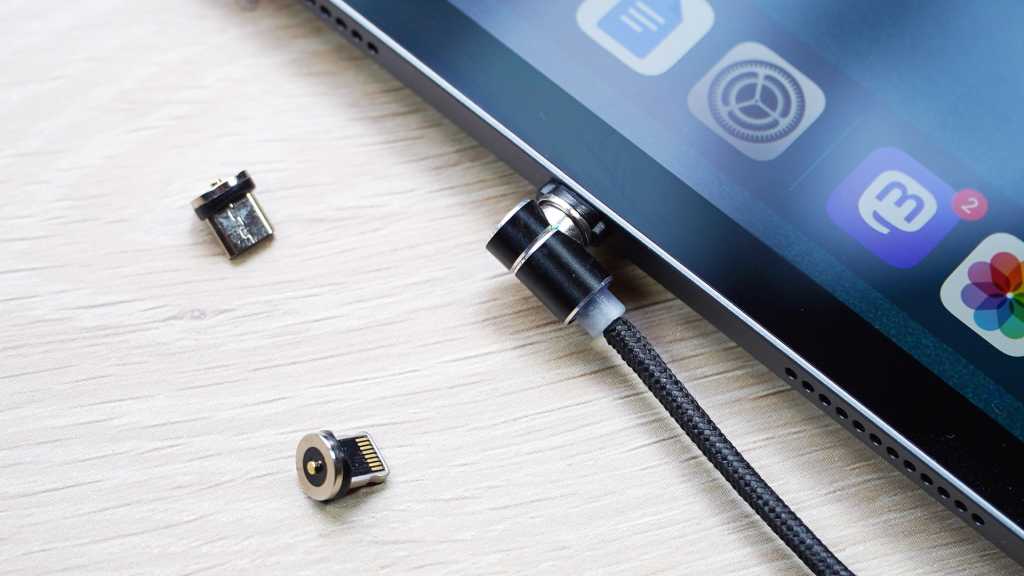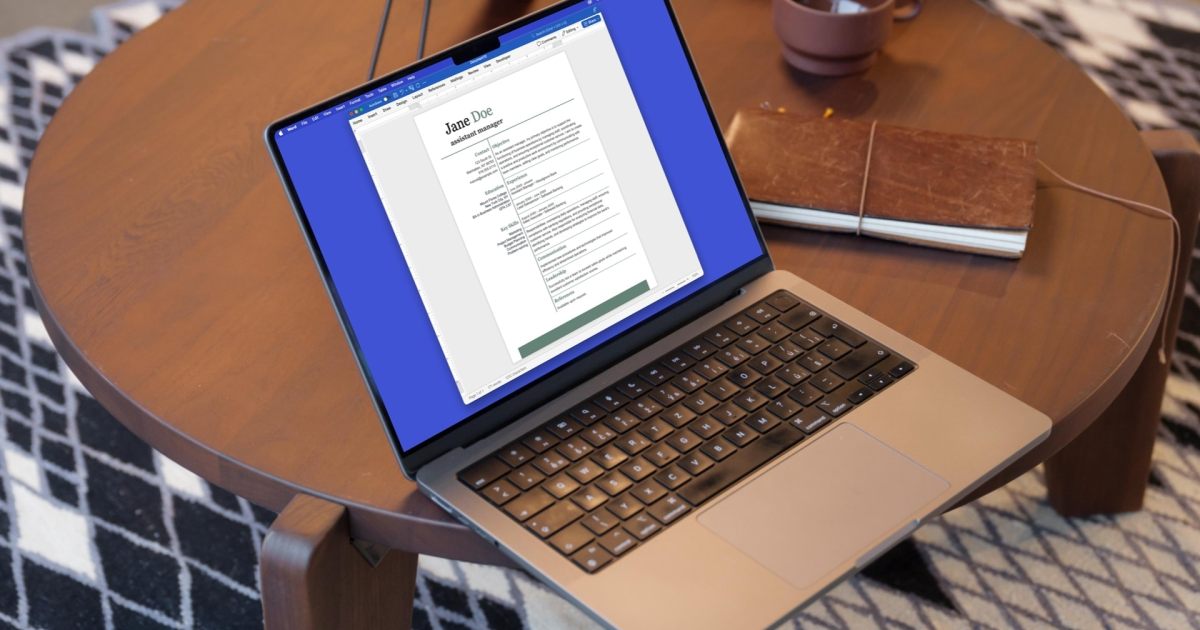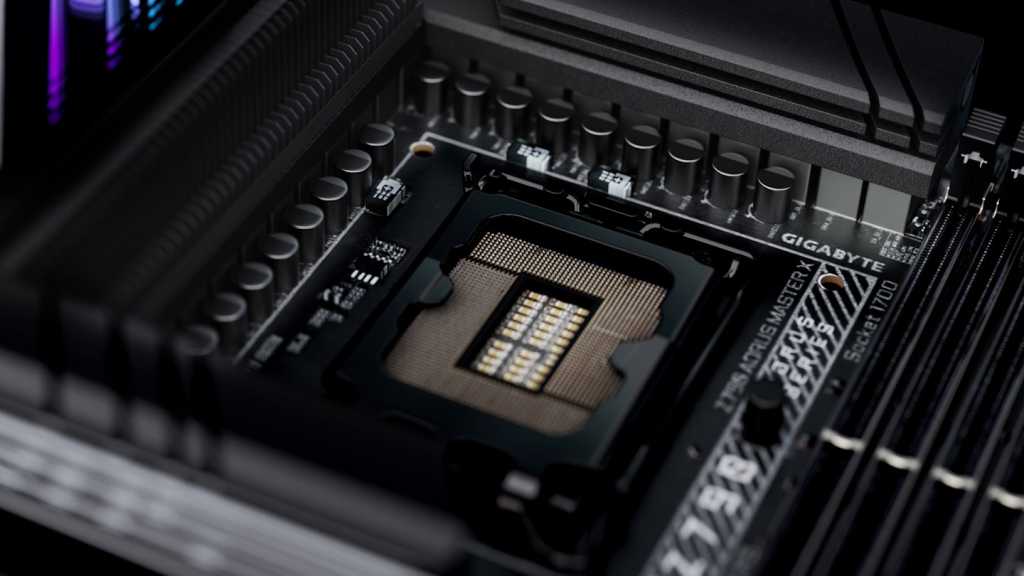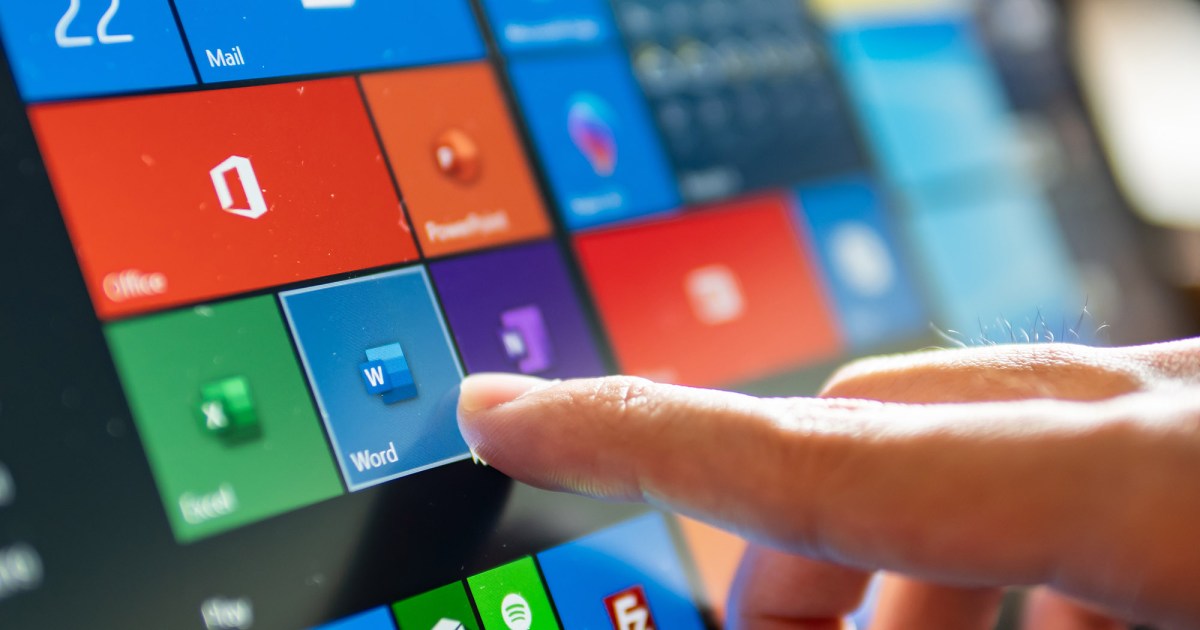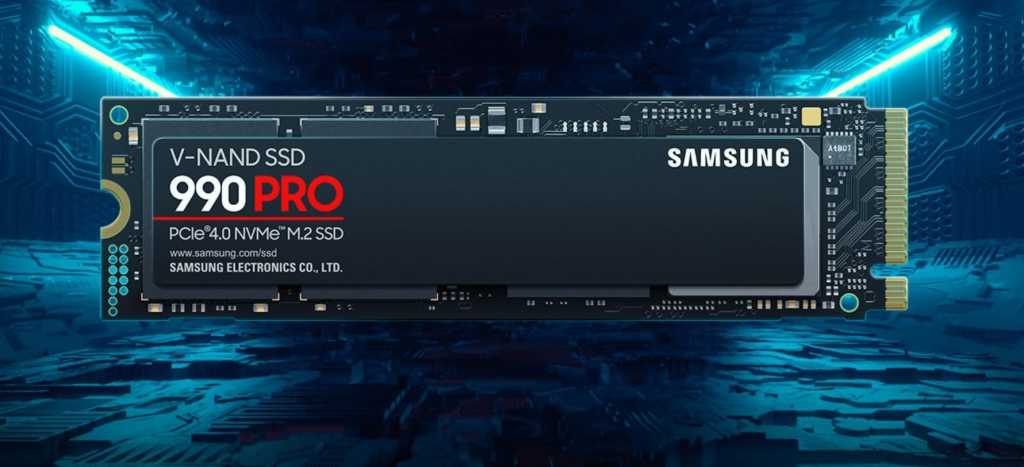If you’ve ever tripped over your charging cable and sent your phone flying, a magnetic USB-C adapter might seem like the perfect solution. These inexpensive adapters promise to prevent such accidents with a quick-release magnetic tip. But is this convenience worth the potential risks? This article delves into the hidden dangers of using magnetic USB-C adapters and why you might want to reconsider this seemingly simple fix.
While the appeal of a magnetic breakaway connection is undeniable, experts warn against using these non-standard adapters. There’s growing evidence suggesting they pose a significant risk to your devices. Let’s explore some of the key concerns:
The Dangers of Magnetic USB-C Adapters
Several potential hazards associated with magnetic USB-C adapters include:
- Static Electricity Discharge: The exposed pins of the magnetic connector are vulnerable to static electricity, which can damage sensitive components in your device.
- Data Loss and Performance Degradation: Electronic magnetic interference (EMI) from the exposed POGO pins can disrupt data transfer and degrade performance.
- Electrical Arc Damage: In high-humidity environments, the risk of electrical arcing across the pins increases, potentially causing irreversible damage.
- Debris and Short Circuits: The exposed magnetic pins are susceptible to attracting dust and debris, which can lead to short circuits and further damage.
- Non-Compliance with USB-C Specifications: Perhaps the most critical issue is that magnetic adapters are not officially part of the USB-C specification. This means they haven’t undergone the rigorous testing and certification required for standard USB-C components.
This last point is crucial. USB-C is engineered with safety features to protect your devices in various scenarios, such as sudden disconnections. These safety mechanisms are bypassed when using a magnetic adapter, increasing the risk of damage.
Why Proprietary Magnetic Connectors Are Different
You might argue that companies like Apple and Microsoft use magnetic connectors, so they must be safe. While true, these manufacturers invest heavily in engineering their proprietary connectors and chargers to mitigate the risks associated with magnetic connections. They also have the resources to support customers in case of problems.
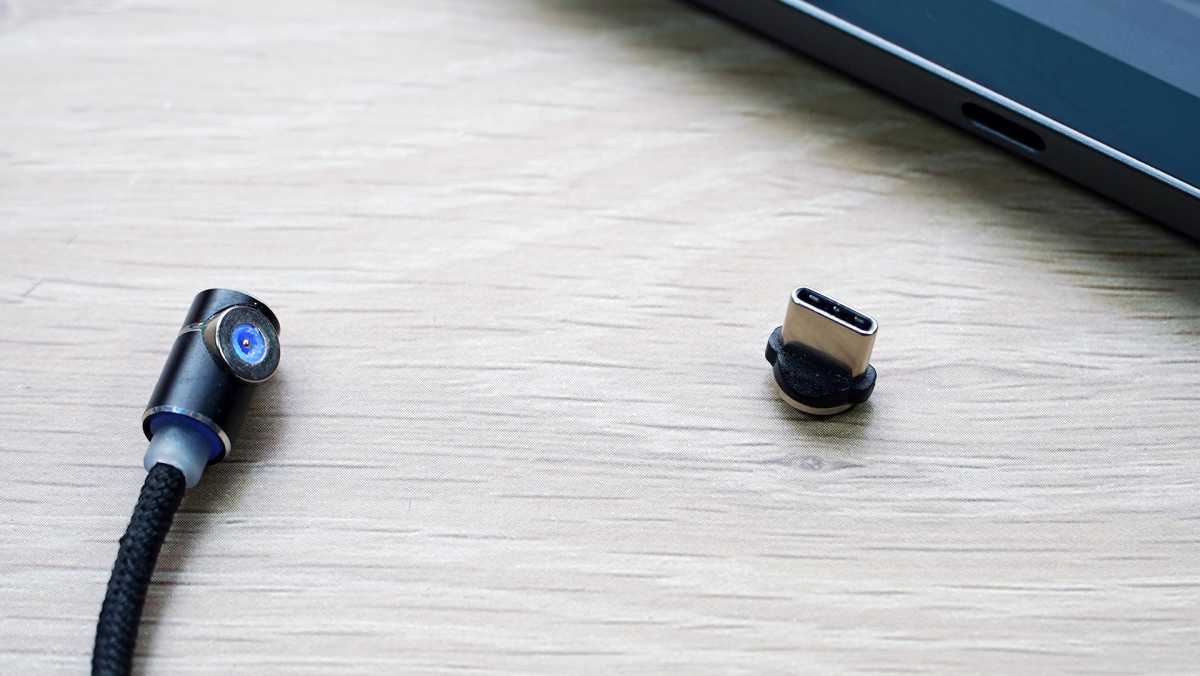 Magnetic charging cables can be dangerous
Magnetic charging cables can be dangerous
Third-party magnetic adapter manufacturers, especially those offering budget-friendly options, are unlikely to match this level of engineering and quality control. While anecdotal evidence exists from users who haven’t experienced issues, numerous reports detail damaged devices after using these adapters. These reports often align with the expert warnings about interference, arcing, and debris-related damage.
Real-World Examples of Magnetic Adapter Failures
One user on the Framework Laptop forum shared their experience of nearly “frying” their laptop after using a magnetic adapter. They reported system instability and error messages, highlighting the potential for serious damage. Similar reports can be found on online forums and communities, further solidifying the risks associated with these adapters.
Weighing the Risks: Convenience vs. Safety
Ultimately, the decision of whether to use a magnetic adapter is yours. You must weigh the convenience of a quick-release connection against the potential for damaging your expensive devices. While the risk of tripping over a cable is real, the consequences of using a faulty magnetic adapter can be far more severe.
Safer Alternatives: Recommended USB-C Cables
Instead of risking your hardware with a magnetic adapter, consider investing in a high-quality, standard USB-C cable. Here are a couple of recommendations for reliable charging and data transfer:
Belkin BoostCharge 240-watt Charging Cable
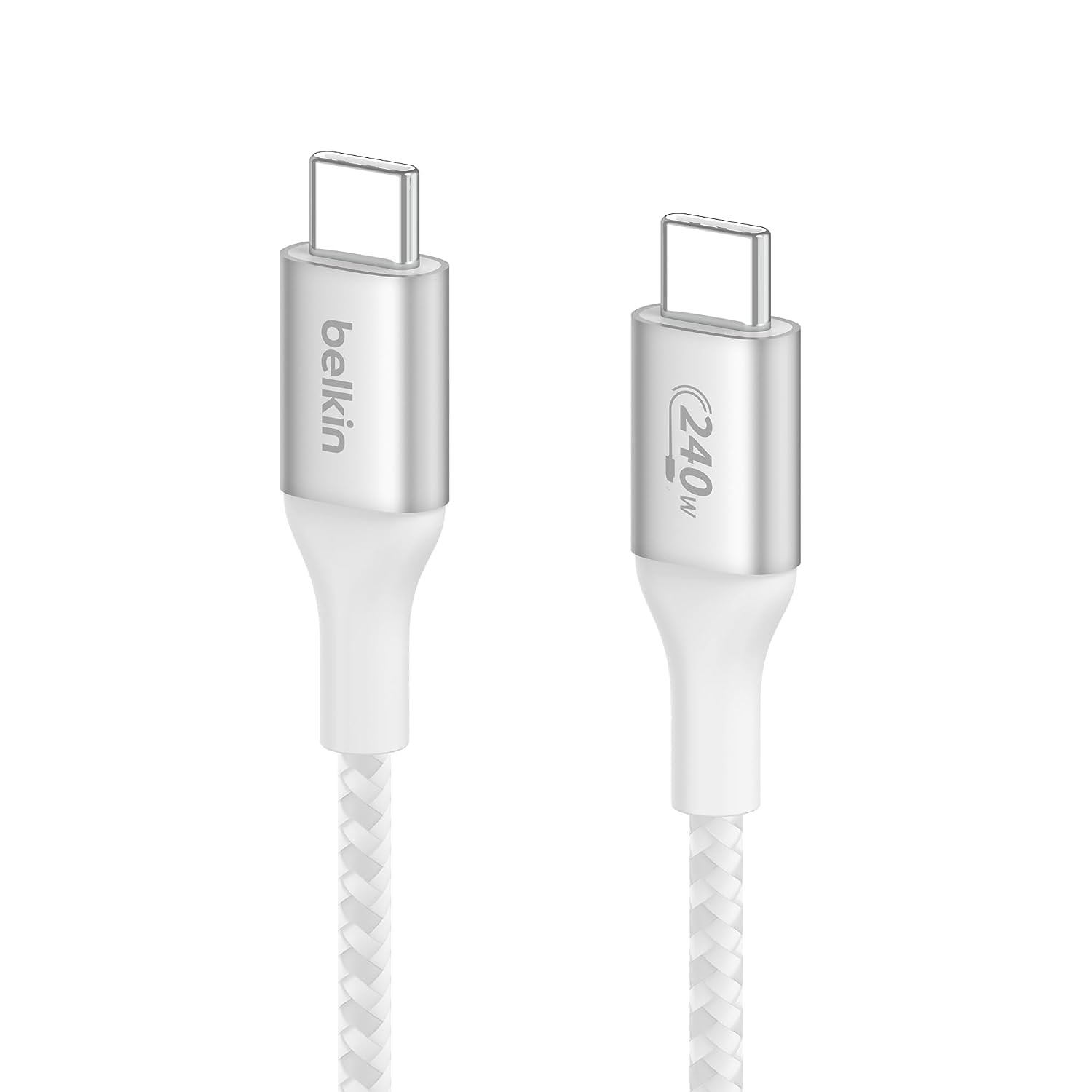 Belkin BoostCharge 240-watt charging cable
Belkin BoostCharge 240-watt charging cable
- Price When Reviewed: $19.99
- Best Prices Today: $14.99 at Amazon | $14.99 at B&H | $31.69 at Walmart Electronics
Cable Matters 6-foot USB C Cable
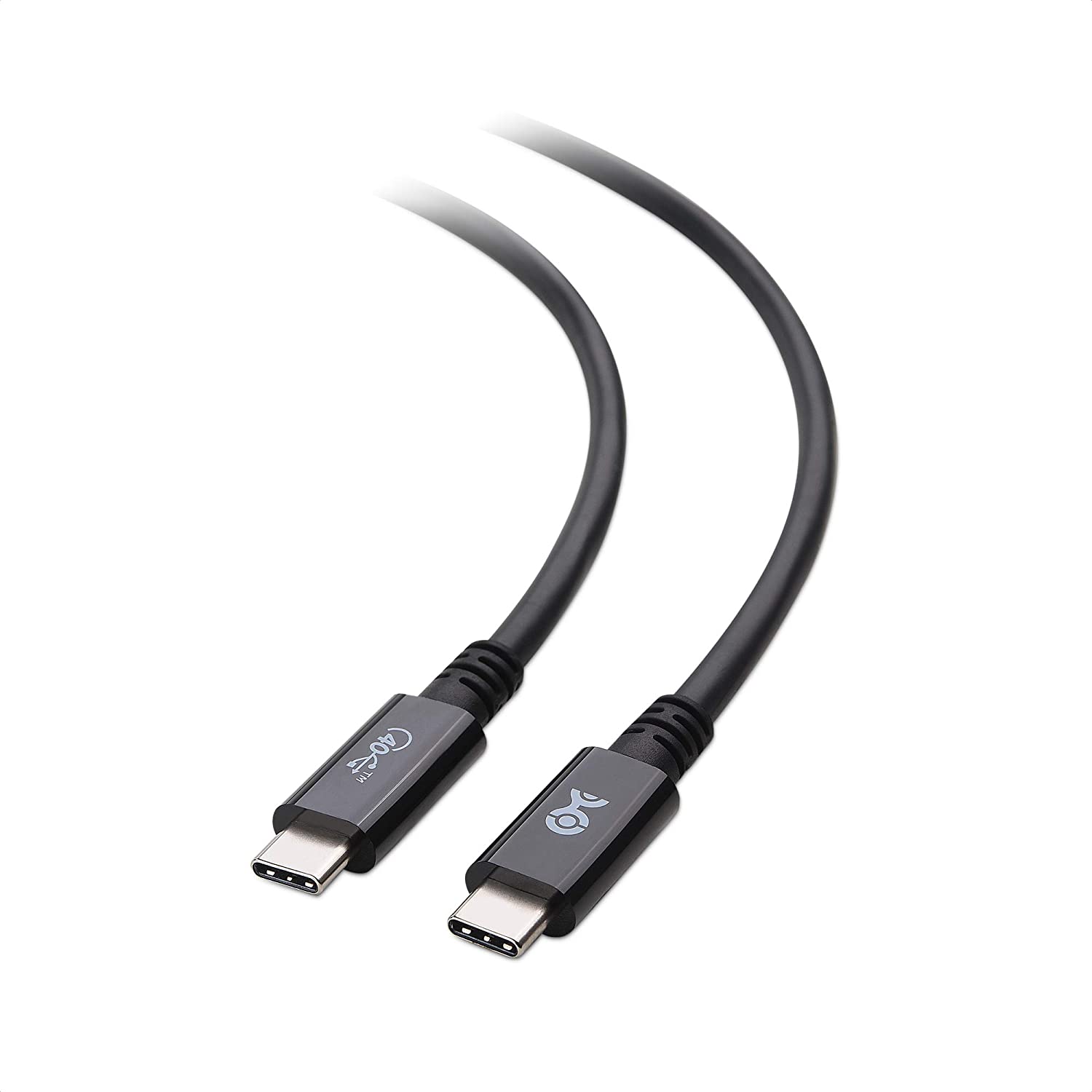 Cable Matters 6-foot USB C cable
Cable Matters 6-foot USB C cable
- Price When Reviewed: $18.99
- Best Prices Today: $14.39 at Walmart Electronics | $17.99 at Amazon
By choosing a reliable, certified USB-C cable, you can ensure safe and efficient charging and data transfer while minimizing the risk of damage to your valuable electronics.



